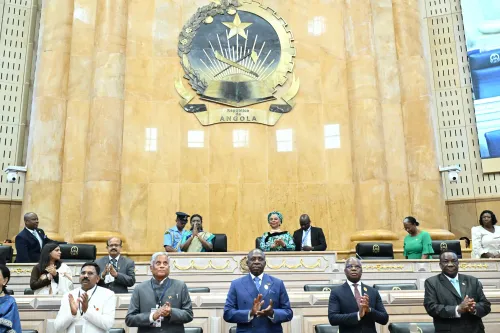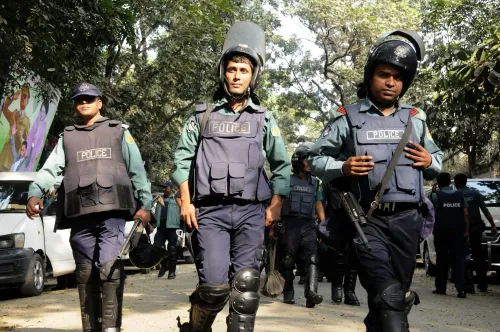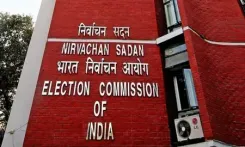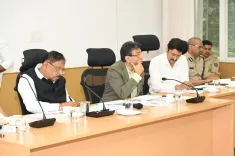Why Did Iran Summon the Austrian Envoy Over Misleading Intelligence?
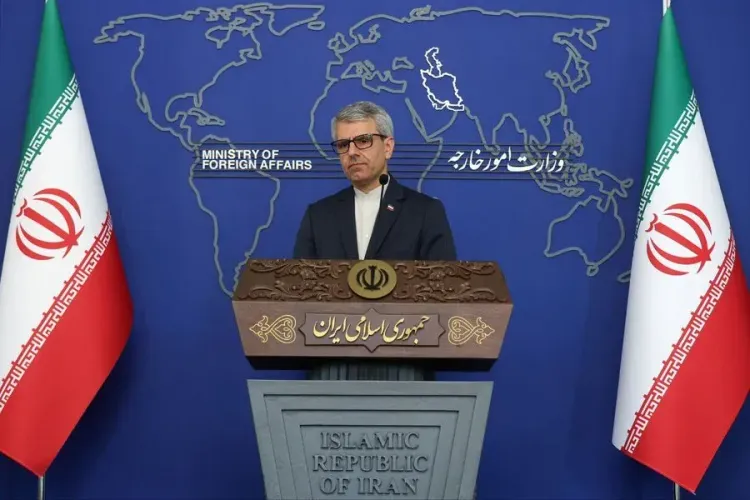
Synopsis
Key Takeaways
- Iran summoned the Austrian envoy over a controversial intelligence report.
- The report alleged Iran's pursuit of a nuclear weapons program.
- Iran rejected these claims as misleading and baseless.
- The country maintains compliance with the Non-Proliferation Treaty.
- This incident highlights ongoing international tensions regarding Iran's nuclear activities.
Tehran, May 31 (NationPress) Iran's Foreign Ministry has summoned the Austrian charge d'affaires in Tehran to express its discontent over what it termed misleading and unfounded assertions made in an Austrian intelligence report regarding its nuclear program.
In a meeting with Michaela Pacher, senior Iranian diplomat Alireza Molaqadimi articulated Iran's objections to the report released by Austria's Directorate of State Protection and Intelligence Service, as stated by the Iranian Foreign Ministry.
The report, which surfaced on Monday, claimed that Iran was actively pursuing an extensive nuclear weapons program to enhance its regional dominance and counter external threats, according to the Xinhua news agency.
Molaqadimi refuted these claims, stating that they are at odds with evaluations made by the International Atomic Energy Agency (IAEA). He reiterated that Iran's nuclear endeavors are entirely consistent with its commitments under the Non-Proliferation Treaty (NPT), as noted in the statement.
He criticized the Austrian agency's conclusions as irresponsible and provocative, urging Vienna to offer an official clarification. The ministry remarked, “This action raises unjustified doubts about the peaceful intent of Iran's nuclear program.”
Pacher assured Iranian representatives that she would relay Tehran's concerns to her government, according to the Iranian statement.
Earlier on Friday, Iran's Foreign Ministry spokesperson, Esmaeil Baghaei, categorically dismissed the Austrian report as fake and unfounded, accusing Vienna of engaging in a media campaign against Iran.
This report emerges amidst ongoing indirect dialogues between Iran and the United States regarding Tehran's nuclear program and the potential lifting of US sanctions, with five rounds of negotiations having taken place since April under Omani mediation—three held in Muscat and two in Rome.



